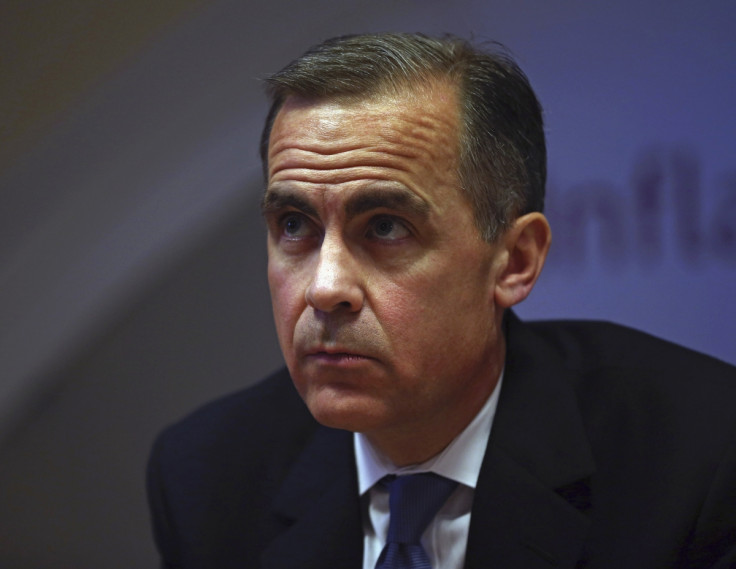Mark Carney: Banks Can No Longer Rely on Massive Taxpayer Subsidy

Banks should stop whining about stricter rules forcing them protect themselves from collapse by holding more capital because the priority is to prevent taxpayers from having to once again bail out failing institutions, according to Bank of England Governor Mark Carney.
Some banks have expressed concern that new capital rules will restrict their lending and give rise to a significant shadow banking system, ultimately leading to a new financial crisis. Carney dismissed such concerns during his trip to Australia.
"Banks went into the financial crisis carrying de minimis levels of capital - for example, less than 2 percentage points relative to their risk-weighted assets, let alone their actual assets," Carney told The Sydney Morning Herald.
"They carried basically no liquidity protection and they were reliant on the state to insure. The consequence was that we had a crisis where even countries that did the right thing in advance, such as my native Canada and here in Australia, had to take extraordinary measures to support the banks.
"We can't have a system – and G20 leaders have made that clear here – we can't have a system where some of those institutions that are pushing back on this are still reliant ultimately on the state and are getting a massive subsidy from the taxpayer."
Capital rules demand that banks hold a certain amount of cash or liquid assets as insurance against their risky liabilities. This means if the riskier side of banks' businesses go bad, the bank has enough capital to buffer itself without needing the state – meaning taxpayers – to step in and save it.
During the financial crisis many governments across the world had to step in and save the biggest institutions, who came close to bankruptcy because of their huge exposures to risky debt that was turning bad.
Some institutions were deemed too big to fail because of the knock-on effect their collapse would have had on the domestic and global economies.
In the UK, the biggest beneficiary of a bailout was the Royal Bank of Scotland (RBS). The taxpayer pumped £45bn into the bank to save it and as a result holds an 81% stake.
© Copyright IBTimes 2025. All rights reserved.






















